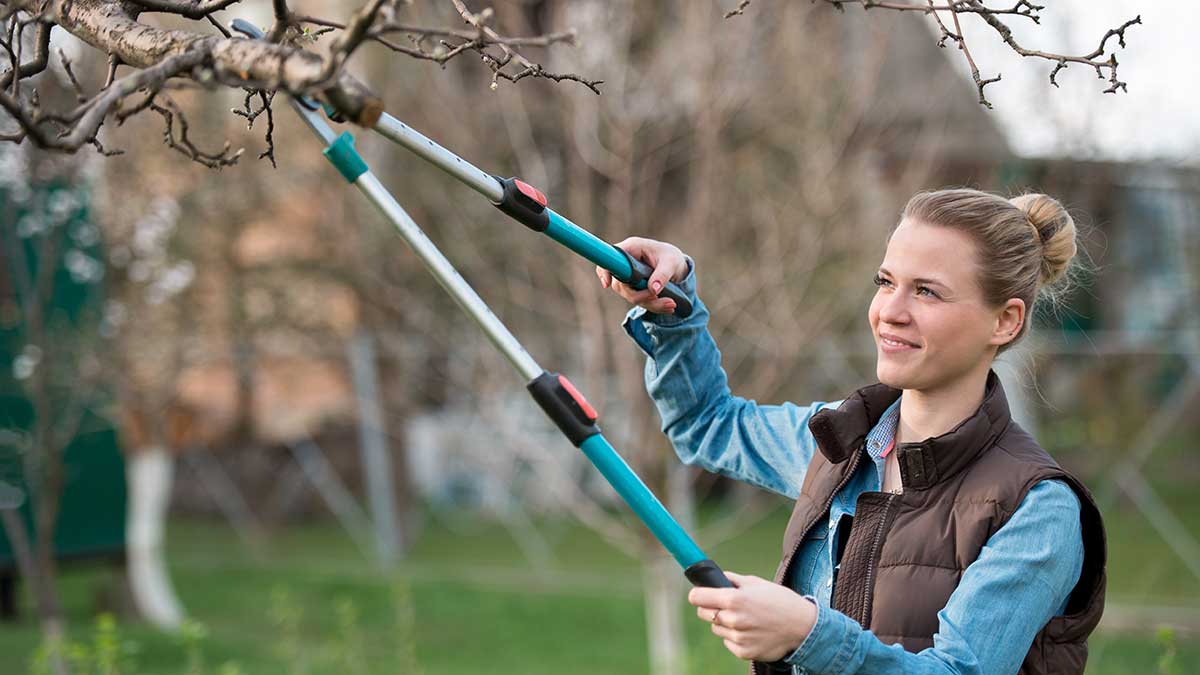Foods, Vol. 14, Pages 3523: Chill or Thrill? The Effect of Storage Temperature Regime on Listeria Growth in Fresh-Cut Fruit Cocktails
Foods doi: 10.3390/foods14203523
Authors:
Beatrix W. Alsanius
Sofia Windstam
Emina Mulaosmanovic
Fresh-cut fruit salads (fruit cocktails) are marketed as a convenient food item with a limited shelf-life (4 days at 4 °C). Given rising electricity prices, increased cooling temperature during production, transport, and retail from 4 °C to 8 °C and extended shelf-life from four to eight days without compromising food safety are discussed. This study investigates the proliferation of Listeria monocytogenes in ready-to-eat (RTE) fresh-cut fruit cocktails at three temperature regimes. The fruit cocktail, consisting of pineapple, red apples, cantaloupe, and red grapes, was inoculated with a clinical strain of L. monocytogenes (SLV 444; CCUG 69007) and stored at 4 °C, 8 °C, or a dynamic temperature regime (4 °C for one day, 8 °C for seven days). After four-day storage at 4 °C, growth of L. monocytogenes was not supported. Despite the fruit cocktail’s pH below the minimum requirements of the target organism, all other treatments supported growth of L. monocytogenes, but below the legal limit of 2 log CFU + 1 g−1 per fruit cocktail. There is an increased risk of exceeding the microbiological safety end product criteria, especially at 8 °C or dynamic storage temperatures, if seemingly insignificant Listeria contamination is present in or on fruit cocktail ingredients.
Source link
Beatrix W. Alsanius www.mdpi.com


